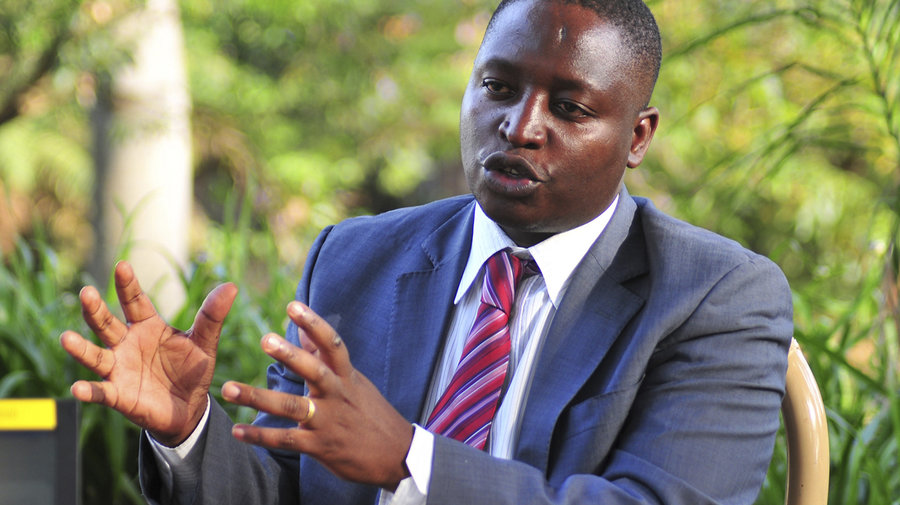The Minister of State for Planning, David Bahati has appealed to Ugandans to view the newly introduced Social Media Tax as a means to facilitate development of the country, not a punishment.
He said that widening the tax base is one of the ways to reduce dependency on foreign aid and the debt burden, by mobilizing more domestic revenue.
Bahati said that the new tax on accessing social media platforms is realistic and reasonable.
“Tax is a contribution, not a punishment. The contribution of taxes to our taxes to the national budget stands at 53%. Our desire is to finance it [budget] 100%, and to do that, Ugandans have to contribute something,” Minister Bahati told reporters on Tuesday.
“When we propose a tax, it has to be reasonable. That’s why we came up with Shs 200, not Shs 1,000 or Shs 10,000. We think Shs 70,000 a year in taxes is reasonable,” he said
Bahati asked Ugandans to understand that for the much demanded services to be availed, government requires resources and that citizens must support this by paying these taxes.
“On one side, you are saying don’t borrow a lot because this will burden our grandchildren, then on the other side we are saying we need services – roads, electricity, schools, hospitals,”
“All these need money. It is better if this money is contributed in a rational and affordable manner by Ugandans”.
While some who are opposed to the new levy have cited the wasteful nature of government when it comes to public resources, Bahati gave assurance that the funds raised from the social media tax will be properly utilized.
“The focus should be on accountability. You must make your government accountable and we are committed that when we collect this money, it is utilized for the services Ugandans want”.
He said that government has also engaged telecom companies to continue to work out mechanisms on how to make the payment of this tax more convenient.
Meanwhile, Minister Bahati revealed that the next step by government after the users is to tax the tech giants which run social networking sites like Facebook, WhatsApp and Twitter.
“Even the companies themselves; WhatsApp, Facebook Twitter, we are exploring ways on how we are going to tax them starting this financial year,” Bahati said.
“You accessing Facebook and WhatsApp gives them an opportunity to advertise other companies. We are saying even those companies using the Ugandan space are going to pay”.
He mentioned that; “We are working out a mechanism for this because it wasn’t technically easy since they are foreign based”.
He said government is studying the models through which such taxes are going to be enforced in jurisdictions such as European Union and India.
“The money they make in advertisements is taken out of the country, weakening the shilling. We want to tax them”.
On the issue of some of the Ugandans who have resorted to using Virtual Private Networks (VPNs), Bahati says UCC has been instructed to use its technical capabilities to ensure VPN sites are shut down.
“They are quite a number but we a shall continue to go for them where they are. The advantage is that these VPNs are even more costly compared to the Shs 200 tax”.










